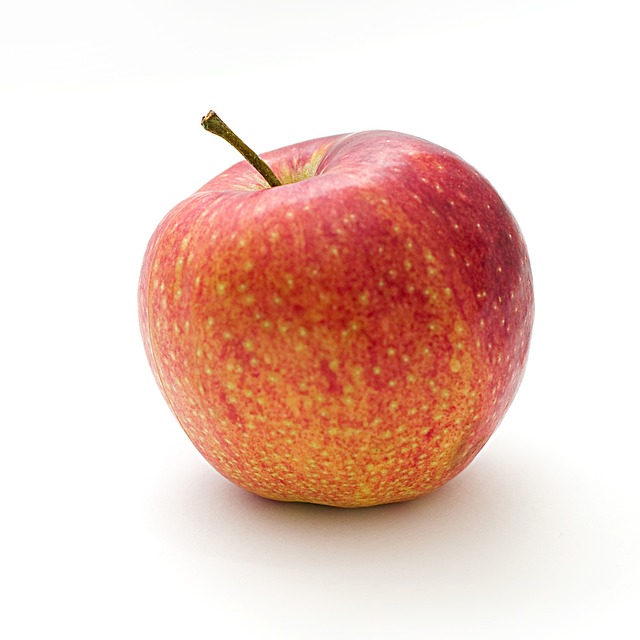Probiotics 101: Understanding the Science Behind the Buzzword
Probiotics have become increasingly popular in recent years, but do you really understand what they are and why they are important for your health? In this article, we will explore the science behind the buzzword and dive deeper into the world of probiotics.
What are Probiotics?
Probiotics are live microorganisms, usually bacteria, that provide various health benefits when consumed in adequate amounts. They are often referred to as “good” or “friendly” bacteria because they help maintain a healthy balance in our gut microbiome.
Our gut is home to trillions of microorganisms, including both beneficial and harmful bacteria. When the balance between these bacteria is disrupted, it can lead to various health issues. Probiotics work by replenishing and promoting the growth of beneficial bacteria, thus restoring the balance and improving overall digestive health.
Types of Probiotics
There are several different types of probiotics, but the two most common groups are lactobacillus and bifidobacterium. Each group consists of various strains, and different strains may have different health benefits.
Lactobacillus strains are commonly found in fermented foods like yogurt and sauerkraut. They help break down lactose (the sugar in milk) and produce lactic acid, creating an inhospitable environment for harmful bacteria in the gut.
Bifidobacterium strains are prevalent in the large intestine and contribute to the fermentation of dietary fiber. They also help maintain a healthy intestinal lining, preventing harmful substances from entering the bloodstream.
The Benefits of Probiotics
Probiotics offer a wide range of health benefits. Here are some of the most notable ones:
- Improved Digestive Health: Probiotics help alleviate symptoms of digestive disorders such as bloating, diarrhea, and constipation.
- Enhanced Immune Function: They strengthen the immune system by stimulating the production of antibodies and enhancing the activity of immune cells.
- Reduced Risk of Certain Infections: Probiotics can help protect against urinary tract infections, yeast infections, and certain gastrointestinal infections.
- Lowered Cholesterol: Certain strains of probiotics have been shown to reduce LDL cholesterol levels, thus reducing the risk of heart disease.
- Improved Mental Health: The gut-brain connection suggests that probiotics may help improve mood and reduce symptoms of anxiety and depression.
- Healthy Skin: Some evidence suggests that probiotics can benefit skin health by reducing acne and improving eczema symptoms.
How to Incorporate Probiotics into Your Diet
There are several ways to incorporate probiotics into your diet:
- Fermented Foods: The easiest and most natural way to consume probiotics is by eating fermented foods such as yogurt, kefir, sauerkraut, kimchi, and tempeh.
- Probiotic Supplements: If you don’t consume enough probiotic-rich foods, supplements are a convenient alternative. They come in various forms like capsules, tablets, and powders.
- Probiotic-enriched Foods: Many food products, such as certain cereals, juices, and yogurt drinks, are now fortified with specific probiotic strains.
Precautions and Side Effects
While probiotics are generally safe for most people, it’s essential to exercise some precautions:
- Allerg







